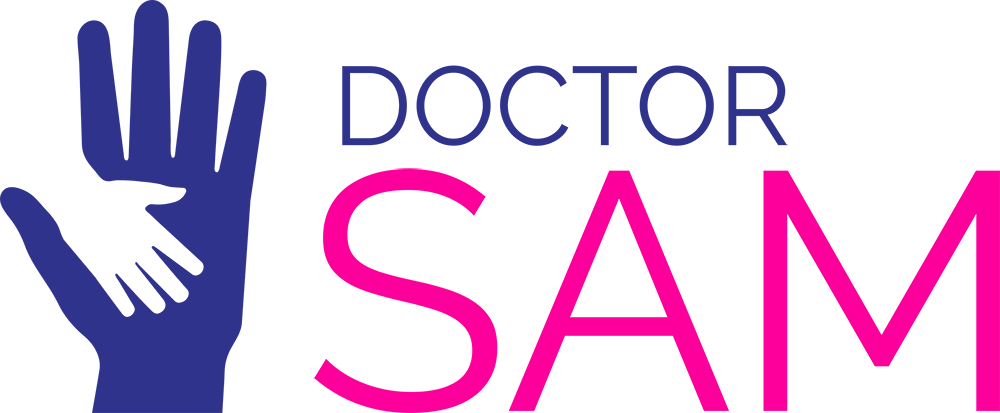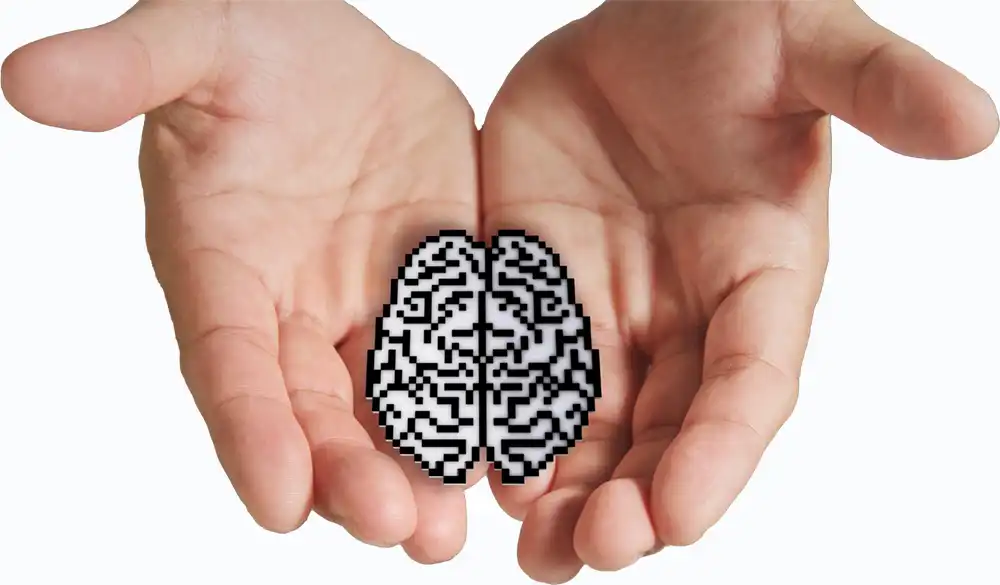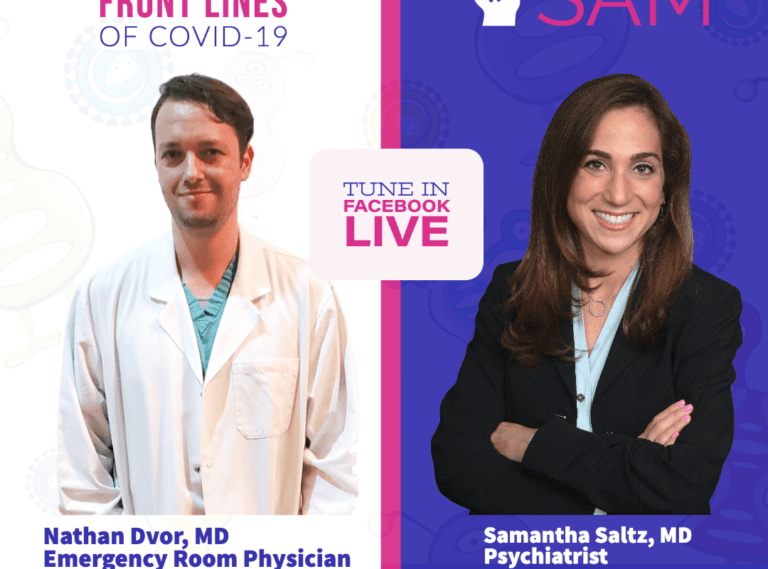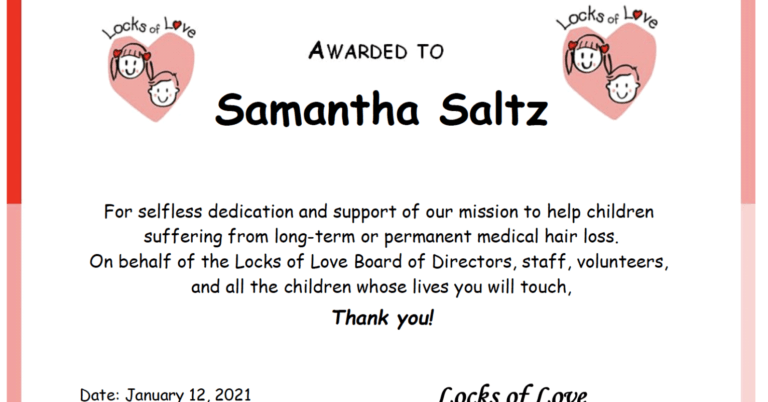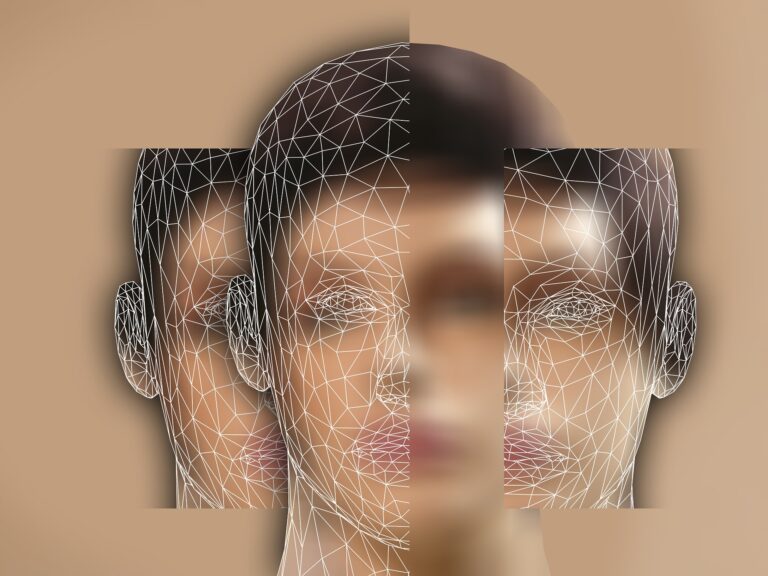Attention Deficit Hyperactivity Disorder, or ADHD as it is frequently known as, is one of the most discussed mental health diagnoses. According to many, it is either one of the most frequently over-diagnosed or under-diagnosed disorders, and yet misconceptions about its diagnosis, treatment, and outcomes continue to persevere.
ADHD is an impulse control disorder that is most commonly diagnosed in childhood. The disorder characteristically presents with symptoms surrounding hyperactivity, inattention, and poor focus. These signs include fidgeting or squirming, daydreaming, being talkative, making careless mistakes in school or at home, and general impulsive actions that can be dangerous.
Symptoms
Symptoms of ADHD may persist later into life, and for some, may require ongoing treatment and assessment. It is important to work closely with your medical provider about appropriate options, and to work closely on treating any comorbid or coexisting conditions. ADHD itself is known to have a large overlap with symptoms of other mental health conditions such as Learning Disorders, Oppositional Defiant Disorder (ODD), anxiety disorder, mood disorders, tic disorders, and sleep disturbances.
Assessment & Diagnosis
Sometimes referred to as ADD, Attention Deficit/Hyperactivity Disorder is diagnosed as one of three presentations: Predominantly Hyperactive-Impulsive Presentation, Predominantly Inattentive Presentation, and a Combined Presentation which includes symptoms across both domains. It must be diagnosed in two separate settings, which can be stretched over school, home, and activities such as sports or enrichments.
Physicians use rating scales, often filled out by teachers and parents, to help child psychiatrists determine whether the patient has the condition or if another problem may exist. Psychiatrists also observe the child interacting with parents, playing with toys, and assess their ability to maintain attention and concentration during the interview.
Symptoms of ADHD can present in a variety of environments. It is not uncommon to find ADHD assessed in a child who is too hyperactive and impulsive to be safe in a classroom, or a teenager that has noticed their focus waning and grades slipping. Yet, sometimes symptoms of ADHD can go unnoticed into adulthood. In adults, this may present as higher risk of substance use, traffic and car accidents, and unemployment.
Treatment
Symptoms of ADHD usually respond well to medications known as stimulants, in either the methylphenidate or amphetamine classes. These medications are known by a variety of names and formulations, including both short-acting and long-acting forms of these medications. Stimulants can be used in combination with various therapies including behavioral interventions in young children or psychotherapy in older adolescents / adults. It is recommended to consult closely with a medical professional to discuss risks and benefits of these medications, though they have been intricately studied since the 1960s to good effect. Effective treatment will typically involve family support, as well as close monitoring and follow-ups with professionals.
